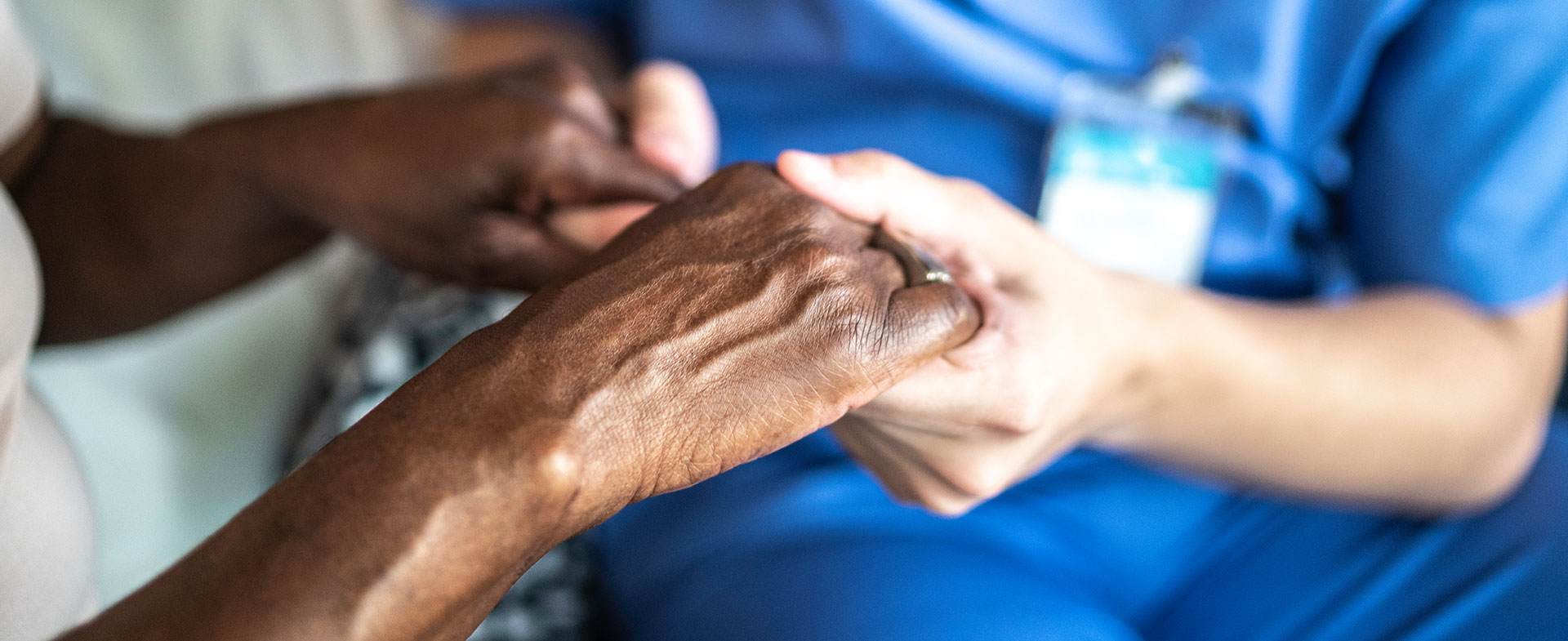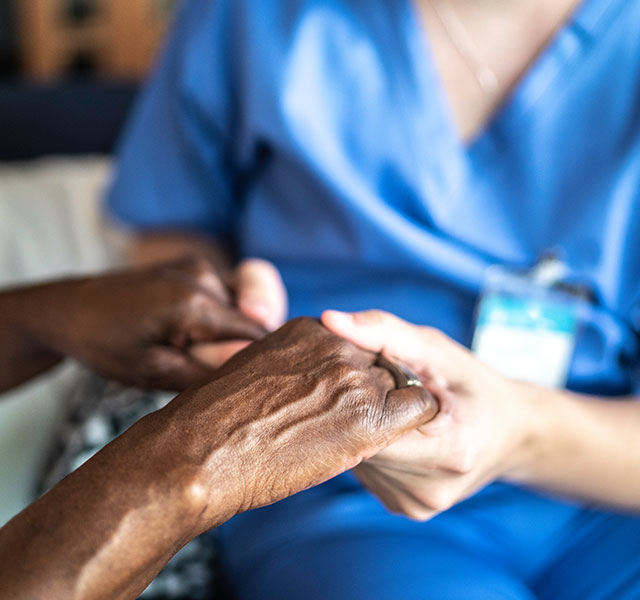Eradicating tumors, of course, is the main objective of cancer treatment. But along the way—and after treatment is over—doctors are equally concerned with their patients’ quality of life, especially as certain cancer treatments can lead to side effects that interfere with a patient’s day-to-day life.
Neuropathy, which causes pain, tingling, burning or numbness in the hands and feet, is a side effect that can be especially difficult to deal with, says Lisa Rogers, D.O., a neuro-oncologist with Henry Ford Health. Decreased muscle tone and loss of feeling in the feet can cause balance problems and trigger falls.
“Patients who deal with neuropathy are really uncomfortable,” says Dr. Rogers. “We often can’t cure these symptoms, but there's a lot we can do to help.”
What Causes Neuropathy & How Doctors Can Help
Certain chemotherapies can cause inflammation or directly damage the nerves, causing neuropathy, says Dr. Rogers. Common culprit medications include taxanes, vincristine, bortezomib and platinum-based chemotherapies. However, not everyone receiving these drugs will develop neuropathy. And the duration and severity of neuropathy are unpredictable.
To diagnose neuropathy, patients’ symptoms are evaluated, and a rating scale is used to grade the neuropathy and the patients’ quality of life, says Dr. Rogers. Electromyography, which evaluates nerve stimulation, can identify nerve damage in select patients. Specific treatment strategies are then designed for each patient.
Treatments may include oral and topical medications and/or acupuncture to reduce pain. Physical and occupational therapy can strengthen muscles and assist in adjusting to numbness. Following treatment, patients undergo an evaluation to grade the neuropathy and measure their quality of life.
Hope For Future Research
Research into the mechanisms of chemoneuropathy is currently being studied.
“Because the processes by which neuropathy occurs are not fully known, it is difficult to prevent this complication, but we actively investigate new treatments,” says Dr. Rogers. “I use all available therapies and in different combinations. Integrative therapies, including massage therapy, relaxation therapy, stress management, guided visualization and good nutrition are also being explored. In the future, clinical trials and research will provide greater hope for our patients.”
Subscribe to receive a weekly email of our latest articles.
To make an appointment with a cancer specialist, visit henryford.com/cancer or call (888) 777-4167.
Dr. Lisa Rogers is a neuro-oncologist with Henry Ford Cancer and a member of the Hermelin Brain Tumor Center. She sees patients at Henry Ford Cancer - Brownstown, Henry Ford Wyandotte Hospital, and the new cancer pavilion in Detroit.



